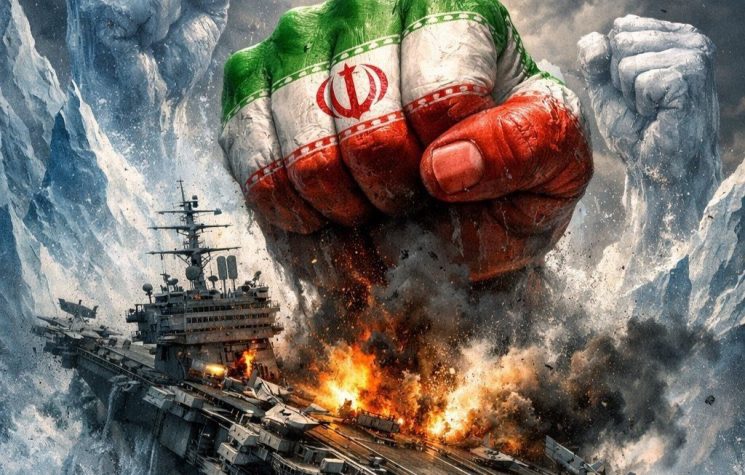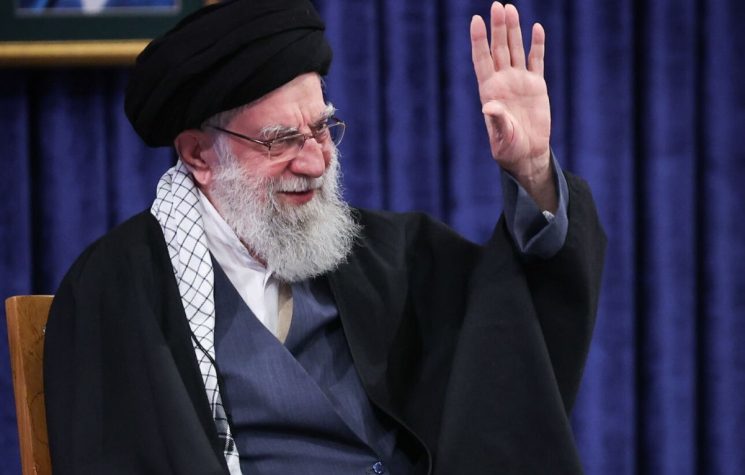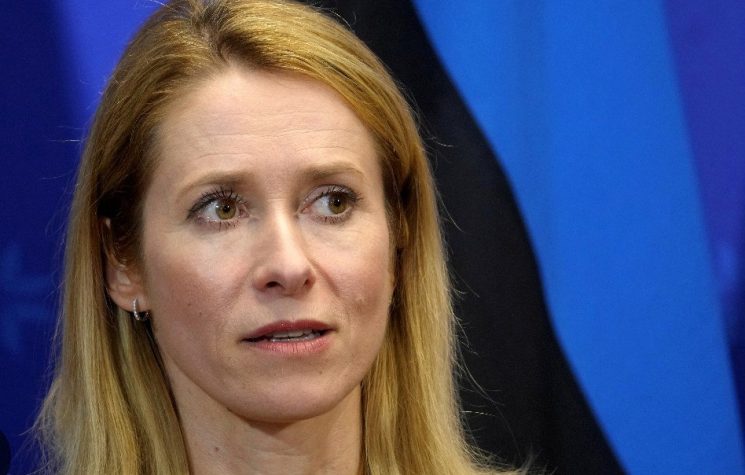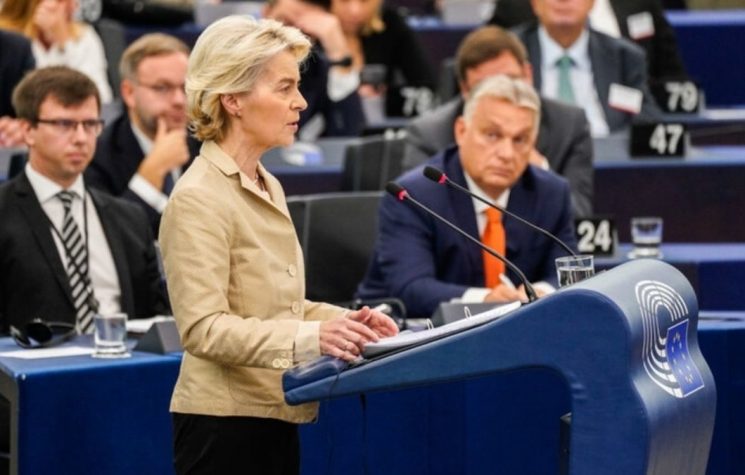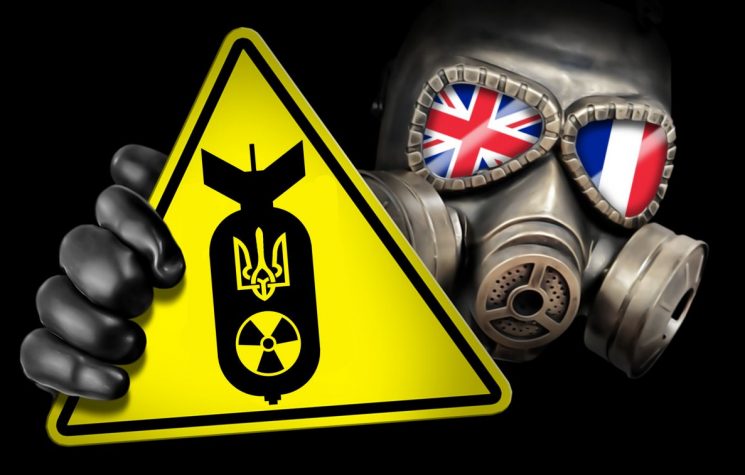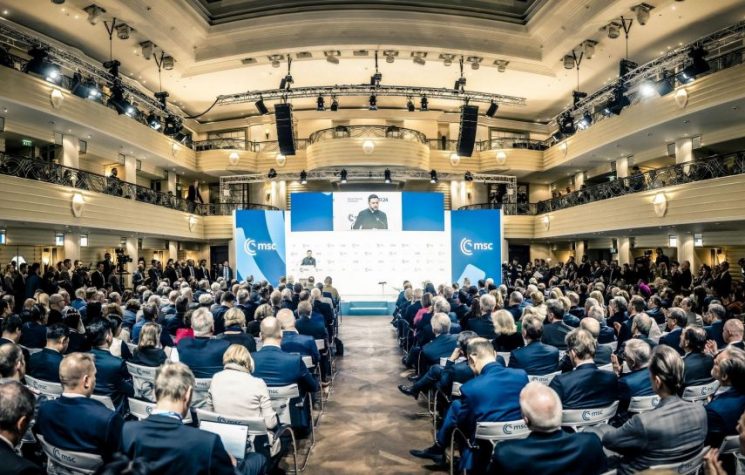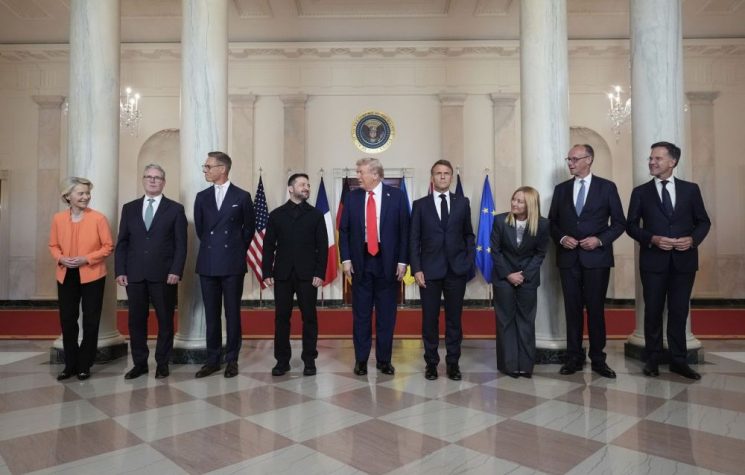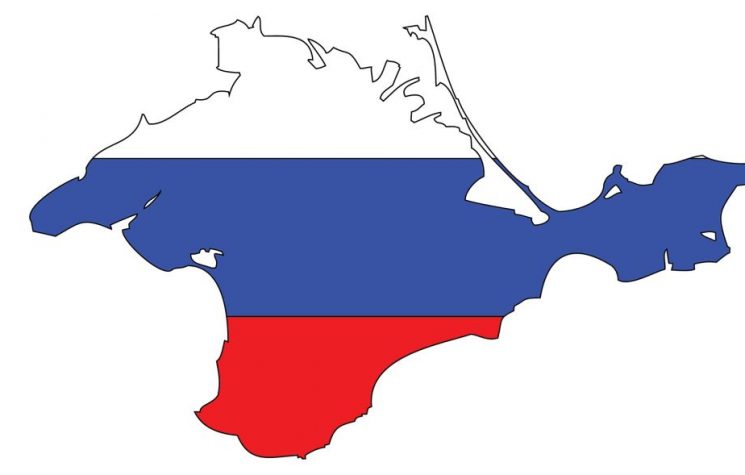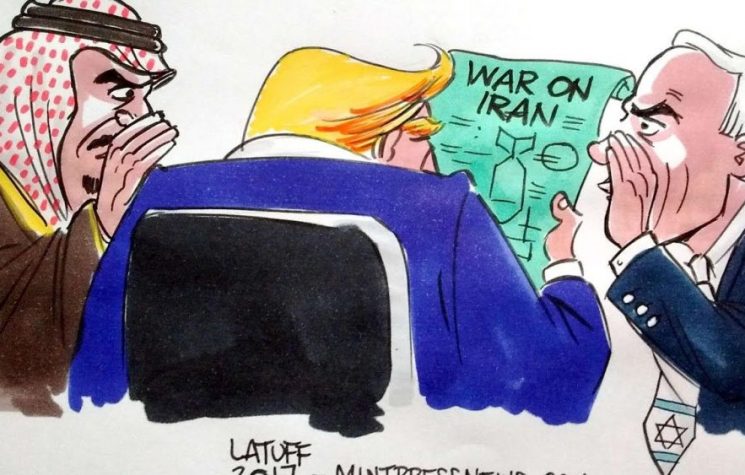The effectiveness of Washington’s economic sanctions regarding its foreign policy objectives has been very low, not to say null, Mauricio Metri writes.
Contact us: info@strategic-culture.su
On March 24, 2024, some newspapers reported the 25th anniversary of the plane’s U-Turn over the Atlantic, with the then-Russian foreign minister, Yevgeny Primakov, due to the kick-off NATO bombings over Serbia, without approval from the UN Security Council. Amid the onslaught against Belgrade, NATO forces deliberately struck the Chinese embassy. Beijing hasn’t forgotten the date, and on May 7, 2024, President Xi Jinping was in the capital of Serbia to pay his respects to the dead and pass a message to the West. These events determined the beginning of Russia’s reconstruction, the acceleration of the Chinese rise process, and the deepening of Sino-Russian partnerships (1).
During this period, starting from economic fragility and a military delay position concerning the USA, Russia established a strategic advantage in weapons in 2018 by developing hypersonic weapons. It also rebuilt its national economy, circumventing unprecedented economic sanctions against it. Despite the sanctions, Russia’s economy expanded significantly in 2023 compared to other North Atlantic countries. This year, the IMF corrected its forecasts for Russia, doubling its estimates upward.
The financial sanctions policy is one of the expressions of the monetary power of the dollar in the international system, especially after the Bush Doctrine of 2002 (2). However, the effectiveness of Washington’s economic sanctions regarding its foreign policy objectives has been very low, not to say null. For example, despite the severe sanctions introduced in 2007, Iran has acquired the ability to resist and develop an adequate offensive military capacity, allowing it to change the balance of forces in Southwest Asia. A month ago, on April 12, 2024, Tehran abandoned its “policy of strategic patience” and revealed to the world, through the missile attack, its ability to pierce the Israeli anti-aircraft defense system.
The main targets of U.S. sanctions (Russia, Iran, North Korea, Venezuela, and Cuba) have generally succeeded in withstanding this kind of violence, and one of the most relevant reasons for this is China’s rise to the status of the largest economy, surpassing the U.S. one. In 2023, China’s share of world GDP based on purchasing power parity reached 18.73%, while that of the USA was 15.56%. Due to its dynamism, size, and sophistication, the Chinese economy made bypassing the payment systems controlled by Washington possible. For instance, after the start of Russian military intervention in Ukraine, when one imposed unprecedented sanctions, Sino-Russian trade grew 64%, reaching a record U.S. $240 billion in 2023.
Not for any other reason, on April 8, 2024, U.S. Treasury Secretary Janet Yellen, visiting Beijing, threatened Chinese companies, stating, “There will be significant consequences for companies that provide material support to Russia. Those who do not comply will face the consequences”.
The Chinese response came a few days later when Russian Foreign Minister Sergey Lavrov visited Beijing. Both countries committed to maintaining the stability of the industrial supply chain, including Chinese material support for Russia’s war against Ukraine and the Russian defense industrial base. According to the Chinese Ministry of Foreign Affairs, Moscow and Beijing “reinforced calls for their two countries to work more closely together against ‘hegemonism.'”
A few weeks later, once again in Chinese territory, a U.S. authority reiterated Washington’s threats. The U.S. Secretary of State, Antony Blinken, in a statement during his official visit to China, stated, “The United States is ready to take new measures and impose sanctions against China and the background of the situation in Ukraine. (…) If China does not take measures to solve this problem, the U.S. will do it.”
Washington’s persistent threats reveal a well-established consensus in the North Atlantic that, on the one hand, the dollar’s power as an instrument of economic sanctions has been eroding continuously. On the other hand, China is the main reason for this. One talks openly about the topic. On April 29, 2024, the chair of the House of Commons Treasury Select Committee of the United Kingdom and member of the NATO Parliamentary Assembly, Harriet Baldwin, stated, “There is a consensus that sanctions are not working in terms of their stated intent – causing real trouble for the Russian economy.” A few days later, in the same way, Italy’s defense minister, Guido Crosetto, expressed that “economic sanctions against Russia had failed and called on the West to try harder to negotiate a diplomatic solution with President Vladimir Putin to end the war in Ukraine. (…) the West had wrongly believed its sanctions could stop Russia’s aggression, but it had overestimated its economic influence in the world.” A few days ago, on May 6, 2024, after meeting with the Chinese president at the French capital, the president of the European Commission, Ursula von der Leyen, returned to the topic. She stated, “We have also discussed China’s commitment not to provide any lethal equipment to Russia. More effort is needed to curtail the delivery of dual-use goods to Russia that find their way to the battlefield. And given the existential nature of the threats stemming from this war for both Ukraine and Europe, this does affect the EU-China relations.”
Therefore, in the North Atlantic power structures, the perception has already been consolidated that a kind of “debasement” of the dollar as an instrument of violence via financial sanctions exists. However, another understanding continues to prevail in Washington concerning the privilege to command the global reference currency: the enlargement of its spending capacity without apparent limits and the imposition on the world of the financial burden of its global wars. This privilege, unlike sanctions, goes on operating at full strength, as in the case of the U.S.$95 billion aid package for Ukraine, Israel, and the Indo-Pacific recently approved by the U.S. House of Representatives.
(1) For more details, see: Metri, M. “História e Diplomacia Monetária”. Ed. Dialética, São Paulo, 2023. (cap. 15).
(2) For more details, see: Nascimento, Maria A. W. V. do. “A Doutrina Bush e a Institucionalização do Poder Coercitivo do Dólar”. Dissertação de Mestrado. PEPI, IE-UFRJ, 2024













